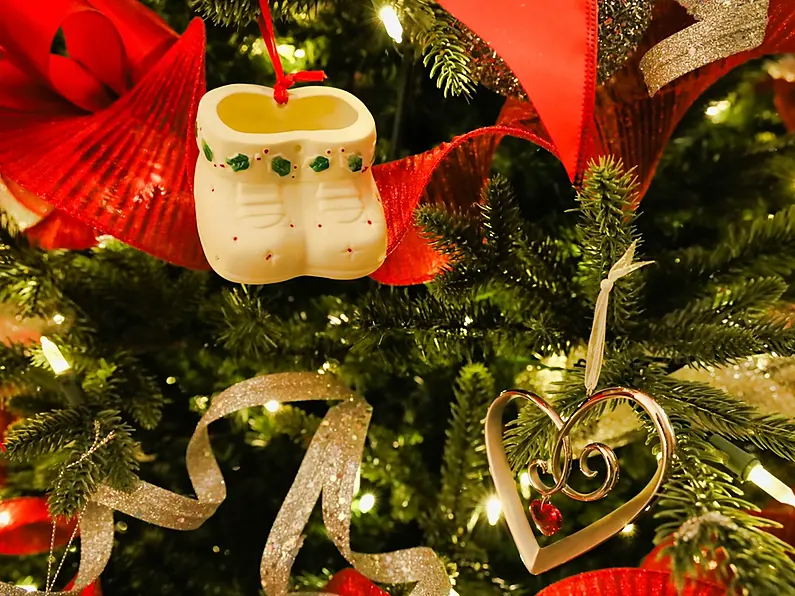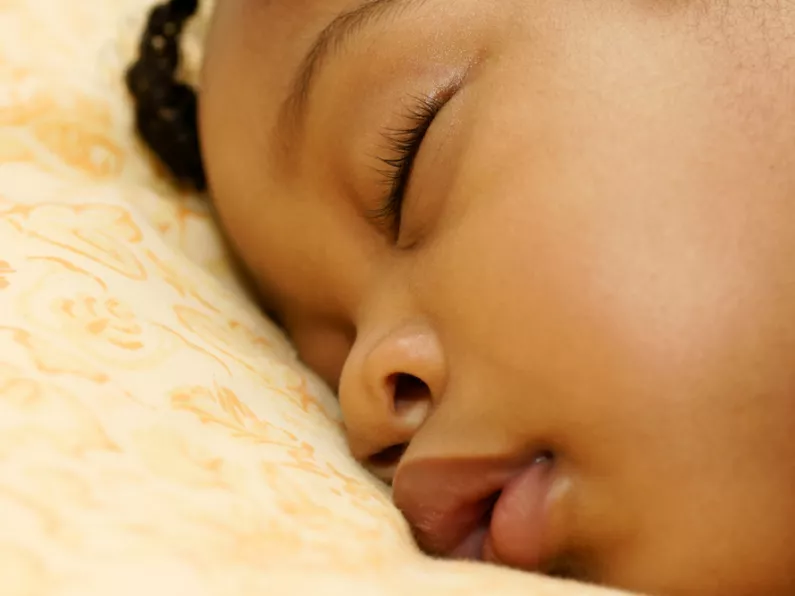We’re not taught to look for signs. Most times, symptoms are ignored.
They’re brushed off as ‘drama’ or ‘it not that bad’.
Our conditioning, regretfully, invalidates what we feel, one of the lingering effects of our shackled Caribbean History.
Support for moms
Giving birth itself can be traumatic.
We’ve got much to learn about true support for mothers in the pre, ante and post natal periods, and I’m not talking just the physical.
Where are the classes that prep us for what this thing is truly about?
Is it that those who came before us built a crypt so well hidden beneath the every day chores and focusing on everyone else except themselves that they became completely disconnected from their own experiences?
Primal calling
Is it that we’ve learned to treat birth as a sterile medical procedure and we’ve sanitized the rawness of emotion from doctor to nurse to new and terrified mother?
Mothering is an instinctual experience but when we’re taught to stuff down all we feel, how can we be connected to our primal calling?
Postpartum depression
I believe that postpartum depression is a colliding of worlds wrapped in guilt, shame and insecurity.
Who else could possibly understand what you’re going through when those who walked the road before seemed to “just get it?"
What do we need to learn and understand that could prepare us for the signs? What could help us feel less isolated and more connected, firstly to ourselves and then those around us?
Triggers
My advice? Recognize your triggers.
Interestingly, my earliest signs arrived during pregnancy.
At one of my visits, I filled out a form that asked about my PMS symptoms and any previous mental health issues.
It seemed strange so I asked about it and my midwife explained that it’s something to look out for with postpartum depression.
Earth-side
Let’s get to bringing this whole human earth-side.
Maybe your birth plan was ripped to pieces or your hope to breastfeed turned to bottles.
Maybe the person you thought would be with you for eternity walked away when you least expected.
Maybe the reality that you’re actually responsible for another life is too much at the start.
Unique experiences
Everyone’s experience is different.
New mama, you know yourself best and I urge you to pay close attention to the changes that occur, from subtle to drastic.
When the thoughts are prolonged, constant and intrusive, these are flashing amber lights that something more is going on.
Maybe you’re lashing out or you’re shut down and completely numb.
Maybe you’re weepy and not the kind of weepy because the movie had a happy ending.
Maybe you’re finding all the reasons that you can’t go out or maybe it’s much easier to always stay in.
Look after you
Zoom out for a second.
Ask yourself what norms have been created by western society in caring for a new mother.
Doesn’t everyone fuss over the new baby?
Who gives a thought to the new mom? Could that be where we continually learn to put ourselves last?
Ask for help
Enough! You’re no criminal to think of yourself and your needs in those moments.
The true prison is in not getting the support you deserve.
Seek. The. Help. You. Need.
It doesn’t matter who else didn’t go through what you went through or who “had it worse”.
Enough of the comparison game and get real with yourself.
Looking out for others
To my midwife, Debbie, thank you!
The seeds planted during my pregnancy sprouted leaves when the forest of my mind experienced drought.
To Lorraine, you sat with me in the darkness until I was able to walk into the Light.
If someone you know seems ‘dramatic’ or ‘over the top’, I hope you pause to truly see her in her mess and not judge or narrate what you think she should do.
I might argue that one never truly adjusts to motherhood, however, the first few months of becoming a new parent hold crucial keys to unlocking the treasure chest of experiences to come.







